Hot!
Ban on noise making in Accra lifted

This year’s ban on noise making in Accra and its environs, imposed as prelude to the celebration of the Homowo festival, was lifted yesterday with a low key ceremony due to the COVID-19 pandemic.
For years spanning over decades, the ceremony had been attended by a large number of indigenous people who eagerly await the beating of drums amidst spontaneous cheers and merry-making afterwards.
However, this year’s event was witnessed by a sizeable crowd with precautionary measures in adherence to the COVID-19 protocols of social distancing and wearing of nose masks by almost all present.
Additionally, the traditional rite was not performed at sunset but a few minutes after mid-day and did not last more than forty minutes with the elders and traditional leaders leaving the Gbese durbar grounds to their various abodes without delivering any speeches.
This is a clear departure from the usual merry-making event which lasted deep into the night.
Nii Ayi-Bonte II, Gbese Mantse and the Adonten of the Ga State beat the Odadao twin drum to signify the lifting of the ban.
The month-long ban was to allow the traditional priesthood to meditate and pray for bumper harvest prior to Ga Mashie Homowo festival, which is a month away.
The festival which means “hooting at hunger” has its historical antecedent in the migration and settlement of Gas in their present location when they experienced drought and famine.
After overcoming those challenges they marked the festival to commemorate their defeat over hunger.
Nii Ayi-Bonte, interacting with journalists in his palace, appealed for unity in the Ga State to ensure progress and prosperity since the bickering, disunity, and prolonged chieftaincy disputes could not be in the interest of anybody.
He appealed to the government to find a lasting solution to the perennial flooding in the city which usually led to loss of lives and properties.
Nii Ayi-Bonte advised the indigenous people, especially in the Ga Mashie area to take the outbreak of the COVID-19 pandemic serious since the rate of infection kept soaring, adding that , the only way to battle the virus was to adhere to all the protocols as directed while heeding to strict personal hygiene.
BY LAWRENCE MARKWEI
Hot!
FA President, Vice-President, football family pays last respect to late Kotoko fan Nana Pooley

President Kurt Edwin Simeon-Okraku led a delegation from the Ghana Football Association and the football fraternity to mourn with Asante Kotoko and pay last respect at the funeral of devoted fan, Yaw Frimpong, better known as ‘Nana Pooley’, on Thursday March 6, 2025, in Kumasi.
The funeral, held at the Heroes park, Baba Yara Stadium in Kumasi saw a strong representation from the Ghana Football Association (GFA) and key members of the football fraternity.
President Okraku and Vice-President Mark Addo attended the funeral alongside key football industry players.
The President, was joined by his team of Executive Council members, Regional Football Association Chairmen, Club Executives and officials from the GFA to show support and solidarity to Asante Kotoko and bid farewell to the passionate fan.
The late Nana Pooley, who passed away painfully last month, was interred at Ahafo Kukuom Royal Mausoleum on Thursday March 6, 2025.
The final funeral rites attracted football administrators, supporters and enthusiasts from across the country, as the fraternity celebrated the life of a true loyal fan of the Porcupine Warriors in particular, and Ghana football in general.
Nana Pooley, known for his unwavering support and dedication to Asante Kotoko, was highly regarded by the club and its supporters.
His funeral drew a significant crowd, as football officials, fans, and well-wishers gathered to honor the memory of the passionate fan who played an important role in fostering the vibrant fan culture of Asante Kotoko.
This gathering reflects the unity and shared respect in Ghana football, as the football family stood with Asante Kotoko during this difficult time.
Hot!
NHIA set to boost its cybersecurity and IT Infrastructure
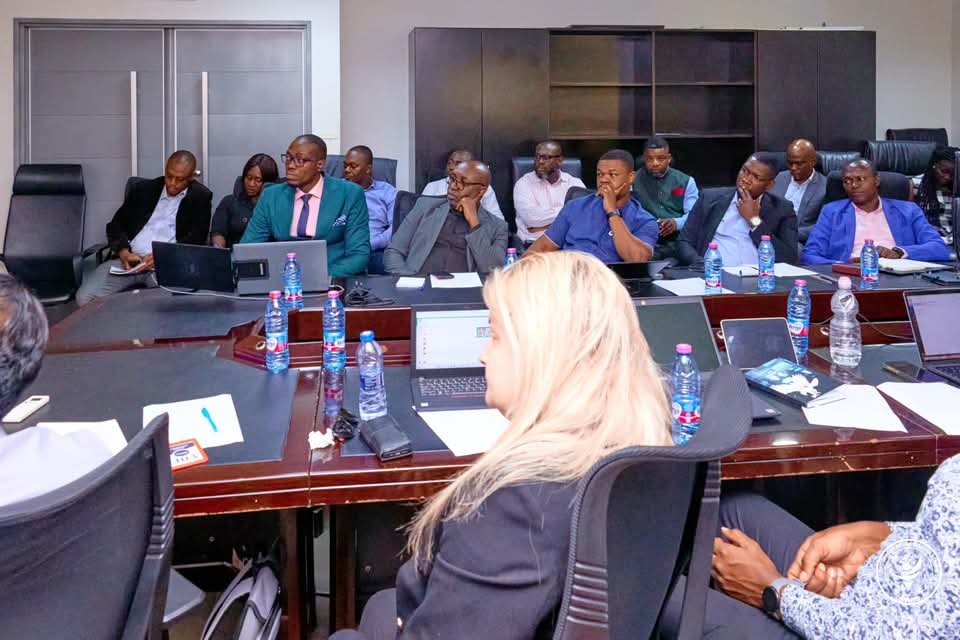
The National Health Insurance Authority (NHIA), in partnership with a leading private cybersecurity solutions provider in Ghana, CyberHawk Limited, is advancing the Authority’s digital infrastructure to ensure seamless operations.
This is to safeguard the Authority’s digital technologies and maintain the trust of active members of the National Health Insurance Scheme (NHIS).
In this context, the NHIA Management Information System (MIS) Directorate in the Head Office, on February 11, 2024, launched a three-day brainstorming session on the organization’s cybersecurity enhancement agenda.
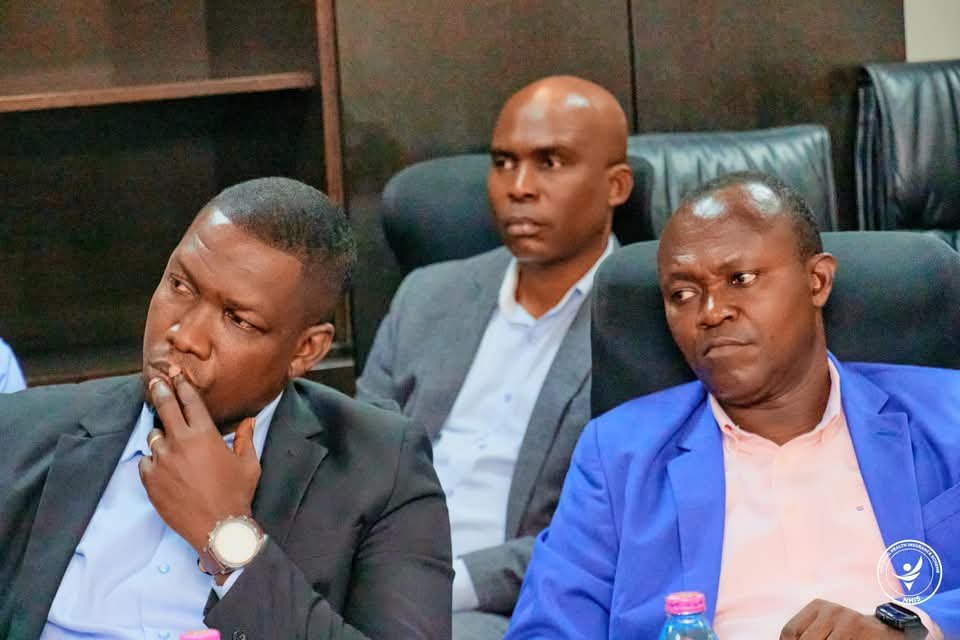

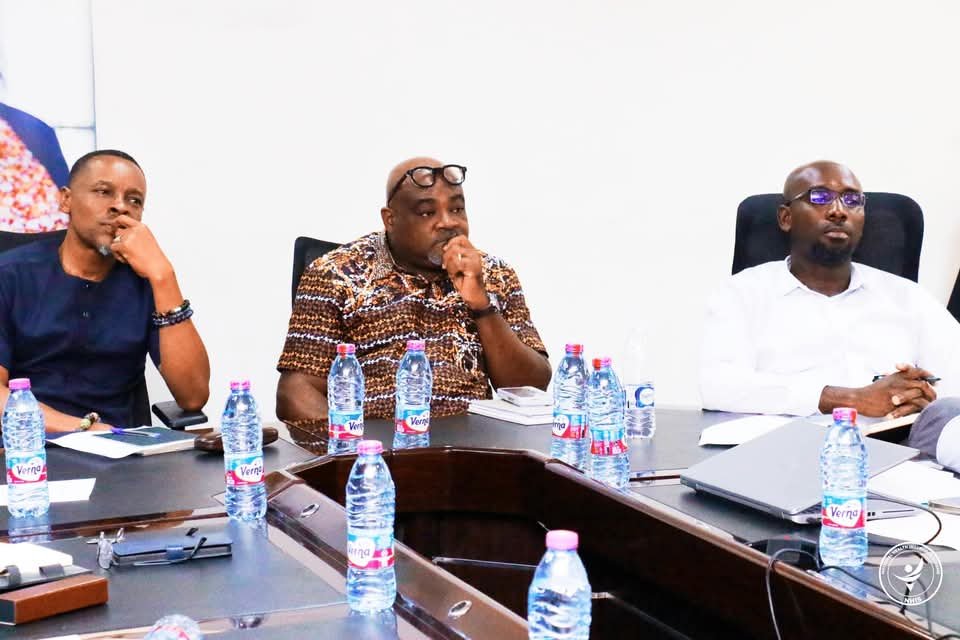
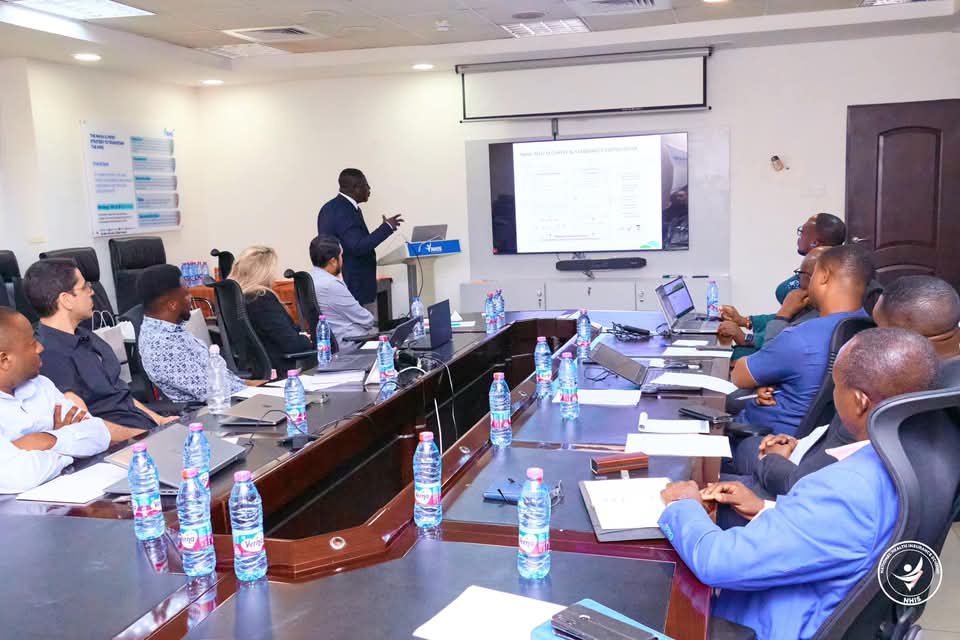
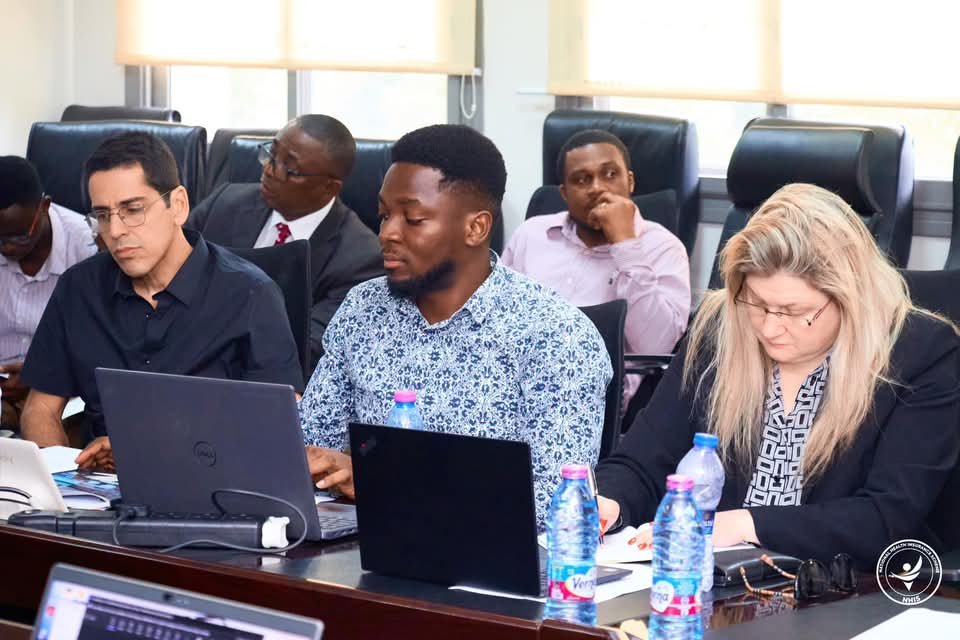
The MIS Directorate Ag. Director, Mr. Daniel Blankson explained that the collaborative meeting aimed to scrutinize the NHIA’s Information Technology architecture, identifying potential risks and gapsto enhance its cybersecurity posture.
“By leveraging CyberHawk Limited’s expertise, the NHIA seeks to fortify its defenses against cyber threats, protecting sensitive information and maintaining the trust of its members.”
Mr. Blankson applauded the synergy between the two organizations and underscored the Authority’s commitment to embracing cutting-edge technologies and innovative solutions to drive its mission forward.
The Head of Information Security and Standards Unit, in the MIS Directorate, Mr. Ebenezer Hooper, highlighted the Authority’s significant milestone on the digital transformation journey.
According to him, the NHIA is actively engaged in fully adopting and implementing modern digital systems to improve its operations.
He said, “The three-day brainstorming meeting will culminate in the development of a robust IT infrastructure, as well as strategic plans to translate security implementations into tangible IT cost savings for the organization.”
“There is the need to form a steering committee or IT advisory committee, operated under the Board, so that they can pay more attention in protecting the huge IT investment while ensuring cyber security-related policies are well protected,” he added.
The Project Manager of CyberHawk Limited, Mr. Chetan Narayana Murthy, lauded the collaboration and anticipated that it would empower the NHIA to implement comprehensive cybersecurity measures.
According to him, “This is a huge project that will greatly benefit the NHIA by implementing robust cybersecurity measures, safeguarding their systems, and ultimately protecting the sensitive information of NHIA members and healthcare providers.”
A Senior Manager of IT infrastructure, Mr. David Asare Addo, and his colleague, a Senior Manager of Applications, Mr. Enock Afanyi, with the MIS Directorate, gave an overview of the NHIA’s current technological landscape.
Present at the meeting were representatives from the Claims, Membership and Regional Operations (MRO), Research, Policy, Monitoring, and Evaluation (RPME), Corporate Affairs, the Audit, Administration, and Human Resource Directorates.
Story By : Vivian Arthur







